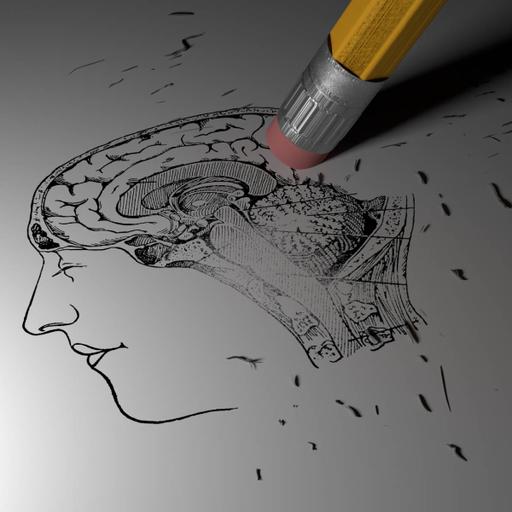Neurodegeneration
Presentations | English
Neurodegeneration is a complex multifactorial process that causes neuronal death in brain and spinal cord, resulting in brain and spinal cord damage and dysfunction. Neurodegeneration is accompanied by oxidative stress, axonal transport deficits, protein oligomerization, aggregation, calcium deregulation, mitochondrial dysfunction, abnormal neuron–glial interactions, neuroinflammation, DNA damage, and aberrant RNA processing. Neurodegeneration occurs in neurotraumatic, neurodegenerative, and neuropsychiatric diseases. These diseases are accompanied by structural, neurochemical, and electrophysiological abnormalities in the brain, spinal cord, and nerves causing paralysis, muscle weakness, poor coordination, seizures, confusion, and pain. Neurodegenerative diseases involve accumulation of misfolded proteins and onset of neurodegeneration in specific population of neurons. In neurodegenerative diseases, some oxygen, nutrients, and ATP are available to the neurons, ion homeostasis is maintained to a limited extent, and neurodegeneration takes a longer time period (years) to die.

21.75
Lumens
PPTX (87 Slides)
Neurodegeneration
Presentations | English
